It was going to be the revivifying event the video games industry desperately needed - instead, thanks to Donald Trump's tariffs, the launch of the Nintendo Switch 2 is experiencing a troubled birth.
Barely had Nintendo announced the pre-order date and price point of the hotly awaited new handheld console when the US president slapped tariffs on China and Vietnam, among others, prompting the Japanese gaming giant to immediately suspend US pre-orders of the Switch 2.
Today, Nintendo invited Sky News to be a part of the first group of journalists in the UK to try the console, and get to grips with a product that is fast becoming a totemic casualty of the global trade war.
It was already a challenging market for the successor to the third best-selling console of all time, the original Switch, which has sold more than 150 million units.

When the Switch first launched in 2017 it had next to no rivals - that landscape now looks very different.
Valve Corporation's Steam Deck, whose release was also anything but smooth thanks to supply chain issues caused by Taiwanese semiconductor shortages, has gained considerable market share.
Its ability to play most Windows-based games, of which there are many more than for the Switch, and the option to use it in desktop mode - essentially turning it into a handheld PC - made it appealing to consumers looking for a more powerful, versatile unit.
To make matters worse, few could have expected the extent to which Mr Trump would sanction countries in the Asia Pacific region.
China, a significant manufacturing base for the Switch 2, is now subject to 145% American trade tariffs. Vietnamese imports were due to be taxed at 46%, however these were paused for 90 days by Mr Trump following turbulence in the financial markets.
Nintendo announced pre-orders in the US would open on the 9 April, with the console costing $449.99 (£395.99 for shoppers in the UK).
Read more
BAFTA Games Awards: Full list of winners
Expert predicts GTA VI will cost $100
However, before even a single American order could be placed, pre-orders were indefinitely suspended following sweeping tariffs imposed on east Asian countries by the US on the 4 April. UK consumers are still able to place pre-orders.
The delay could well come with further changes for gamers, said Gareth Sutcliffe, Head of Gaming at consultancy Enders Analysis.
"The other significant impact is the tariff consequences on Nintendo’s physical game sales, given they are all produced in Japan, and whether they can be imported as a finished game or as a component."
He foresees the upset in global trade potentially leading to unprecedented prices for gaming hardware, saying: "The price points for consoles overall could hasten the decline of this generation of consoles if you suddenly have price points nearing the $1,000 (£764) mark."
Nintendo’s rivals, Xbox and PlayStation, are not insulated from the trade war because their supply chains also run predominantly through east Asia.
Nintendo are hoping to sell 10 million units this year - whether they succeed, may well depend on the whims of the President of the United States of America.

 5 months ago
63
5 months ago
63
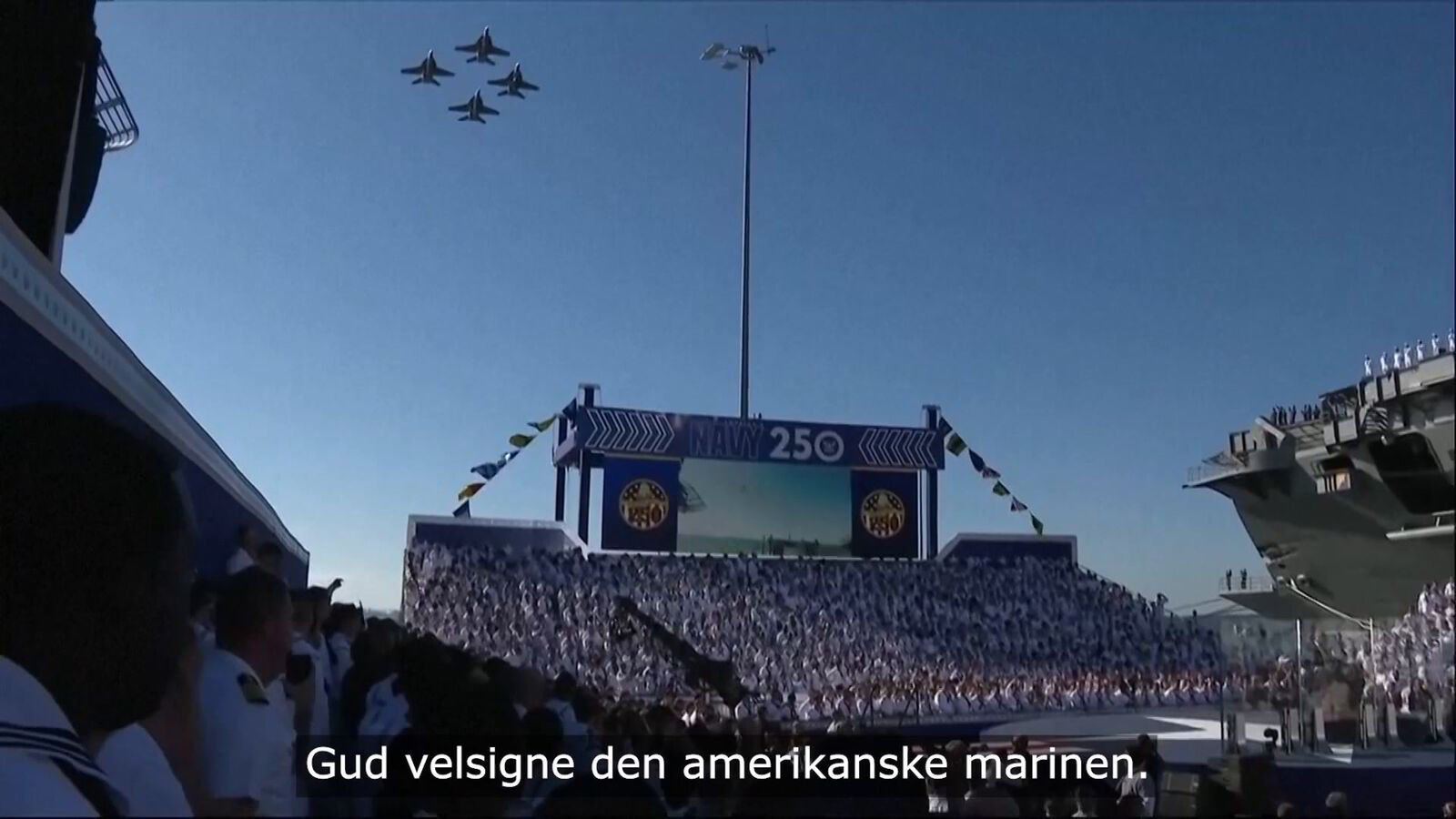


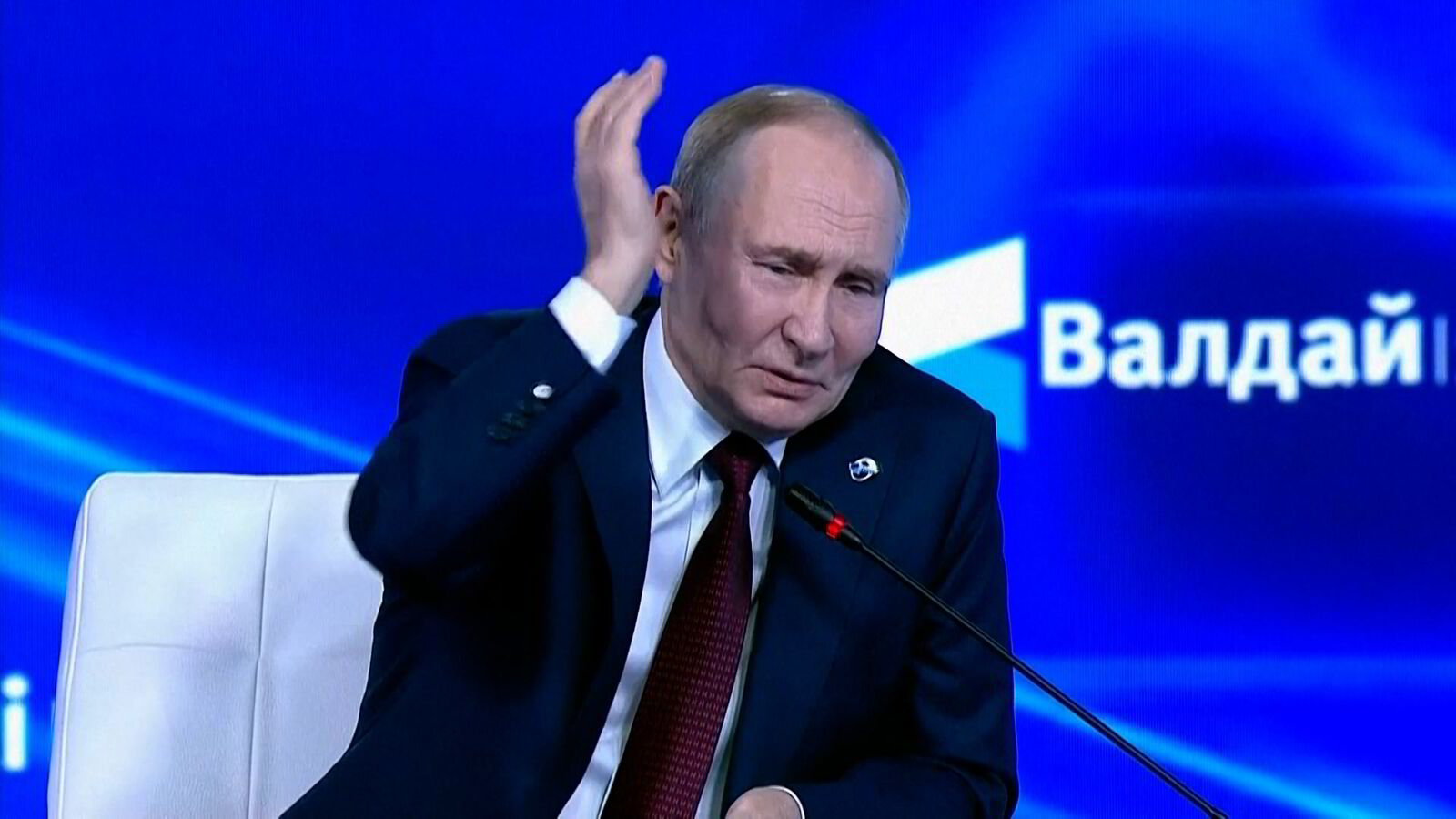
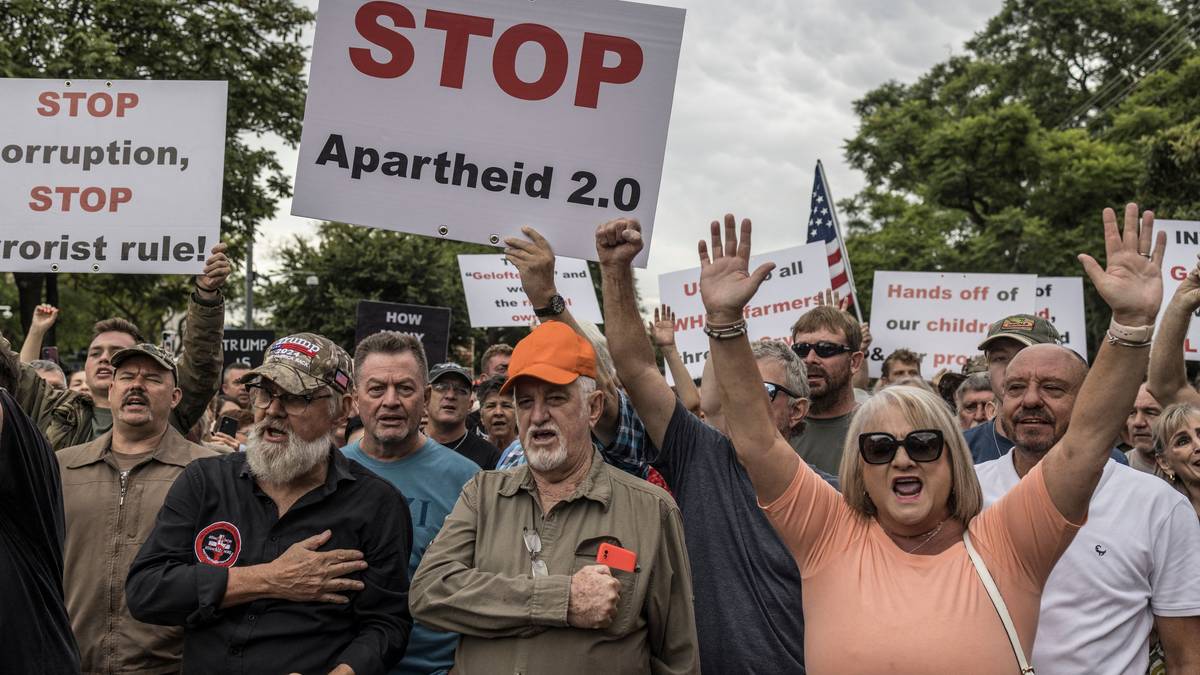



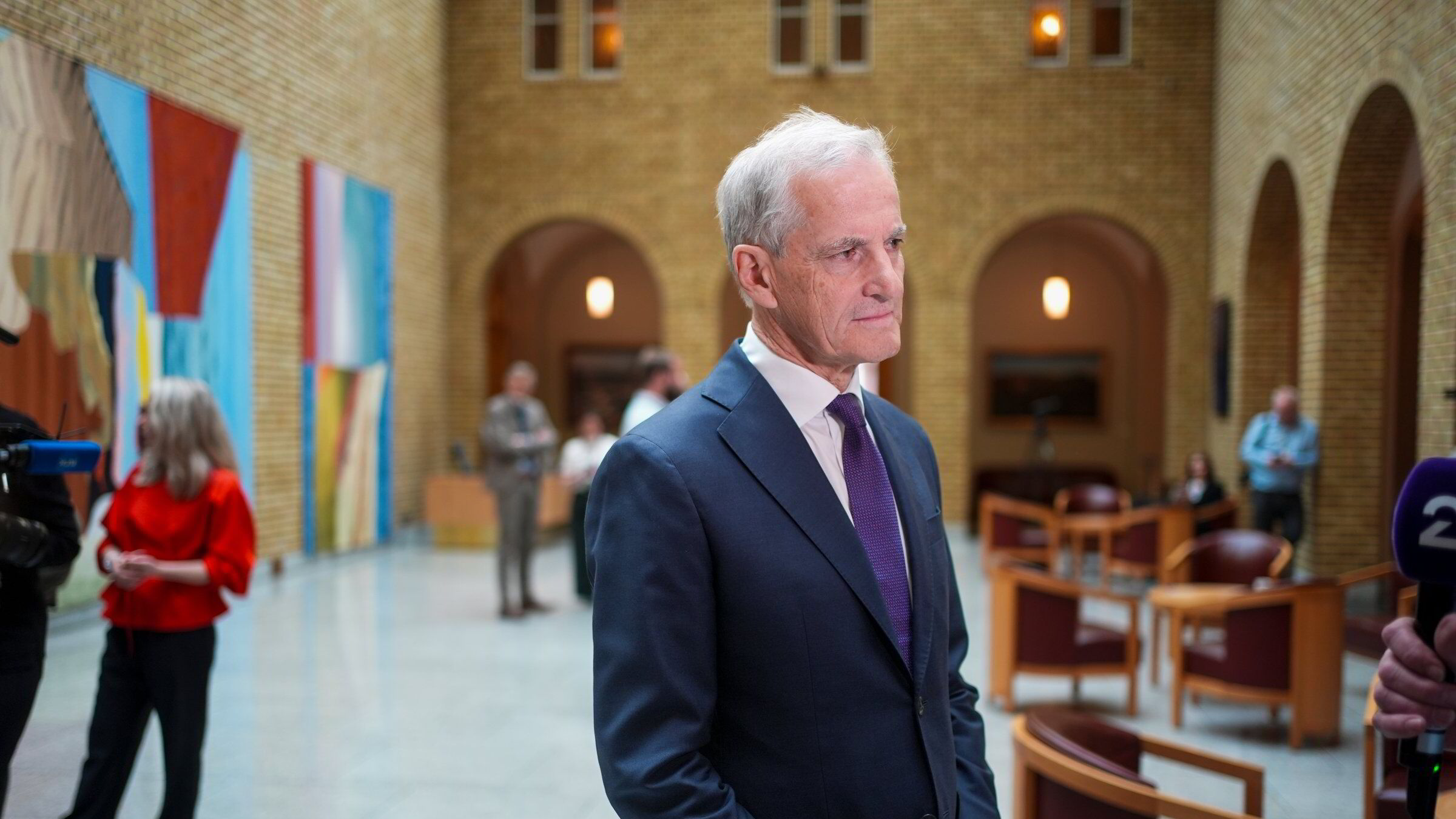





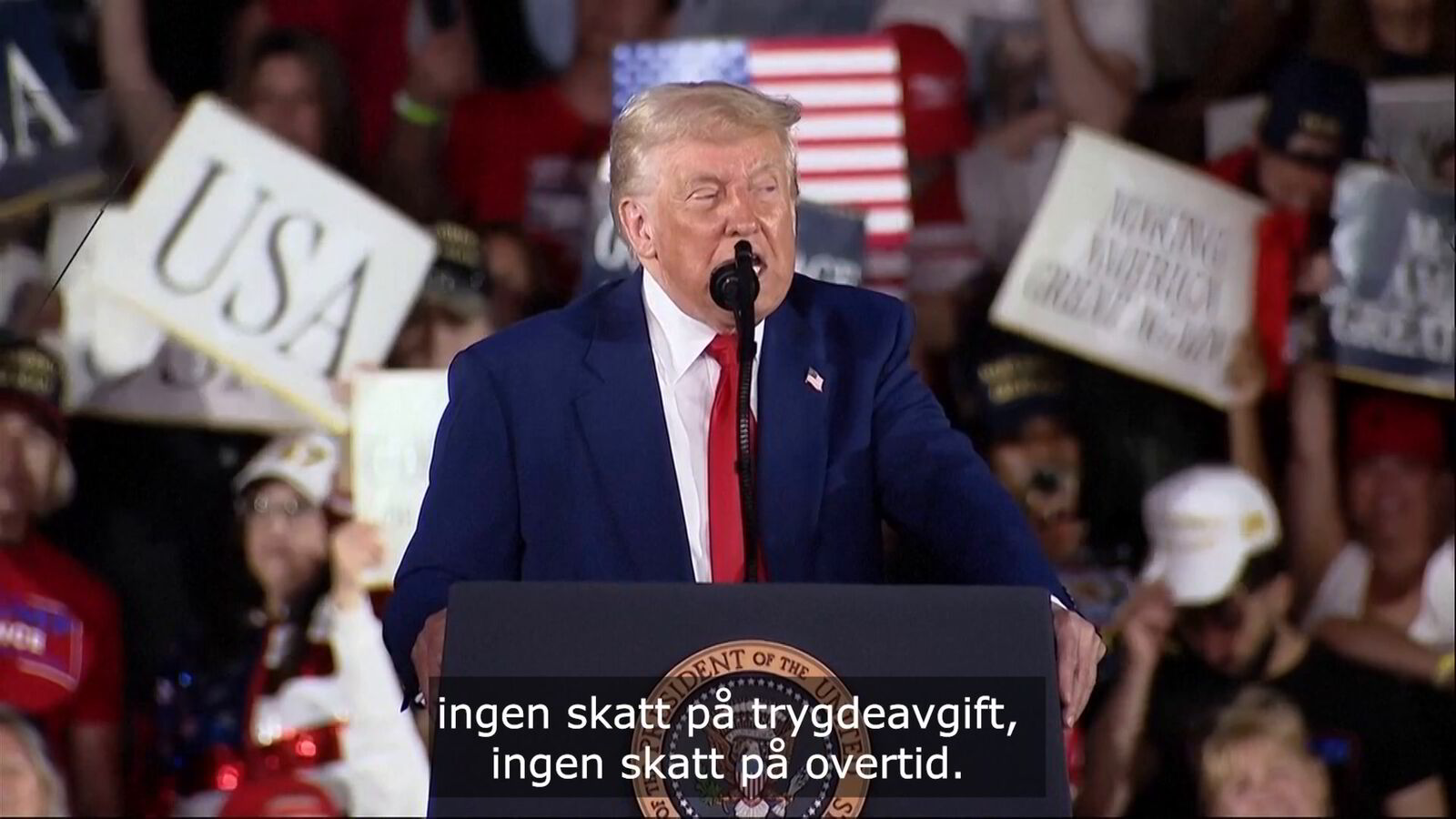






 English (US) ·
English (US) ·